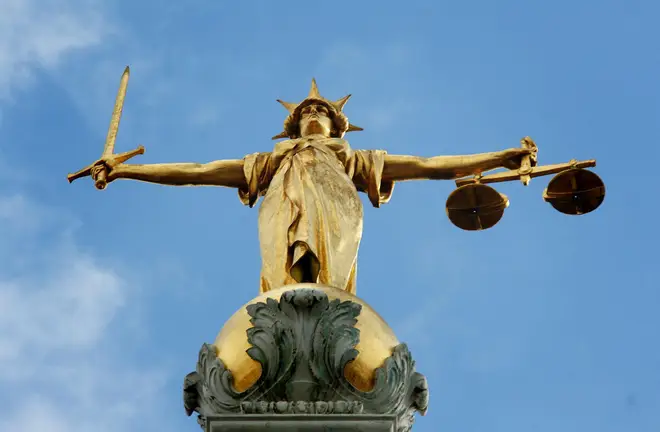
Nick Abbot 10pm - 1am
23 September 2020, 00:01

Misogyny could become an offence under reformed hate crime laws, the body responsible for reviewing legislation has said.
A consultation by the Law Commission is looking at whether those who physically or verbally abuse women due to their gender should face tougher sentences.
The groups and characteristics currently protected by law in England and Wales are race, religion, sexual orientation, disability and transgender identity.
The commission is now looking at how such an incident might be prosecuted under hate crime laws in practice - which has only ever been used to protect entire groups of people.
It has called for evidence from victims of hate crime, police officers, prosecutors and civil liberties groups to assess the scope of any future legislation.
Read more: Only one in 100 hate crimes investigated by specialist police unit lead to charge
Among the areas for consideration is the level of online abuse and threats of violence directed at women in the public eye and the effect on their participation in debate.
It will look at whether amending offences in which the majority of victims are women, such as rape, sexual assault and female genital mutilation, is helpful considering their already gendered nature.
A preliminary paper also raises the fact that domestic violence and coercive control by men against women may have a complex set of motivations beyond misogyny.

The consultation will also consider whether protection should cover both men and women, or just women.
The proposals on misogyny are part of a wider consultation into the patchwork of existing hate crime laws, which have been criticised for their complexity and the different levels of protection offered to different characteristics.
Offences including assault, criminal damage and harassment attract longer sentences when the perpetrator is deemed to be motivated by prejudice or hatred towards a certain group.
There is separate legislation for inciting hatred on the basis of race if behaviour is found to be "threatening, abusive or insulting".
But similar behaviour towards a particular religion or sexual orientation can only be prosecuted if the conduct is threatening, and not just abusive or insulting.
Criminal Law Commissioner Professor Penney Lewis told reporters: "Hate crime has no place in our society and we have seen the terrible impact that it can have on victims."
"Our proposals will ensure all protected characteristics are treated in the same way, and that women enjoy hate crime protection for the first time."
As well as misogyny, the consultation will look at whether other groups and characteristics should be offered protection, for example homeless people, sex workers and members of alternative subcultures such as goths or punks.
The Law Commission is further reviewing whether age should be included, citing the physical vulnerability of the elderly and the fact they are often specifically targeted by fraudsters.
It will also consider whether certain non-religious philosophical beliefs merit protection, such as humanism.
The Law Commission's call for evidence is open from September 23 until December 24.